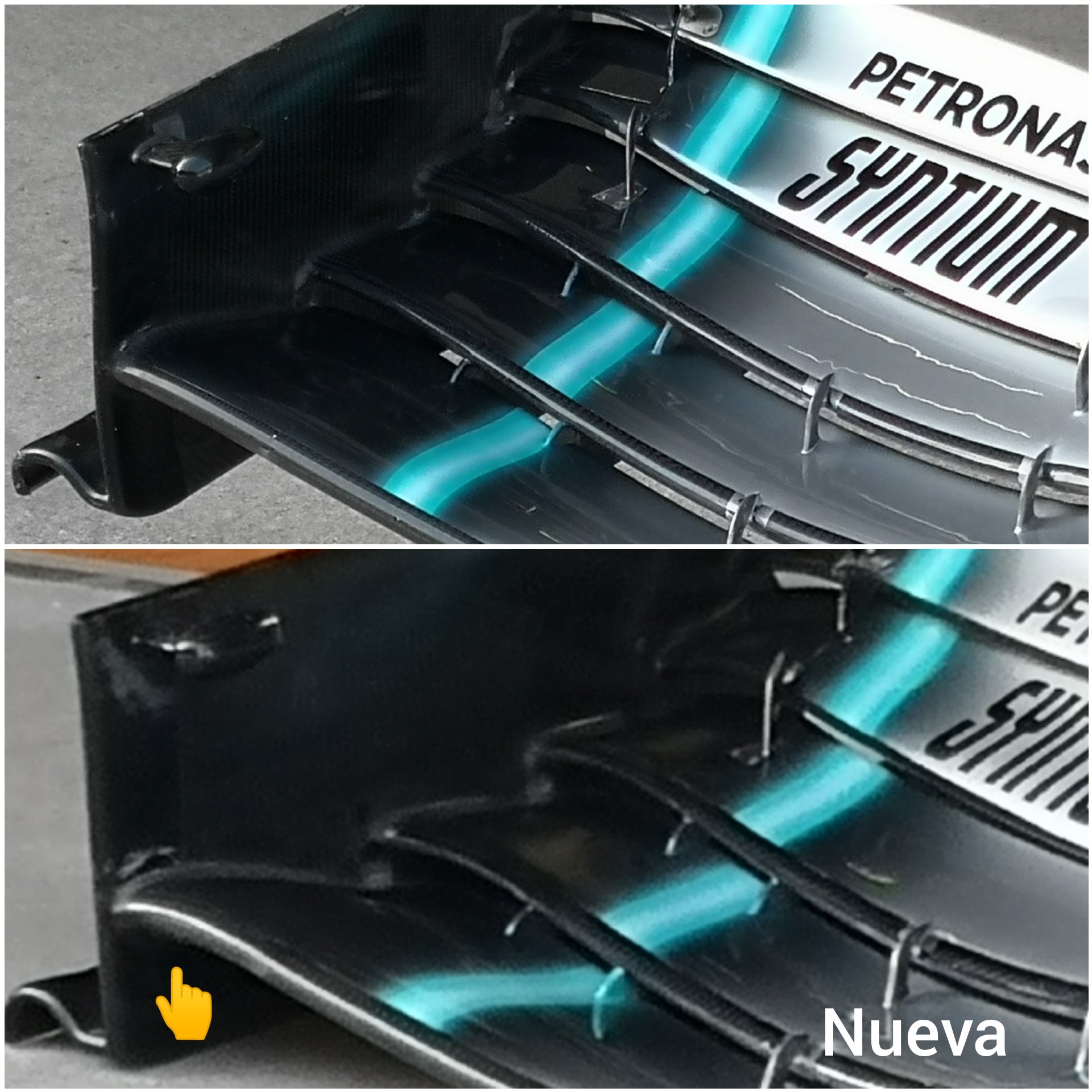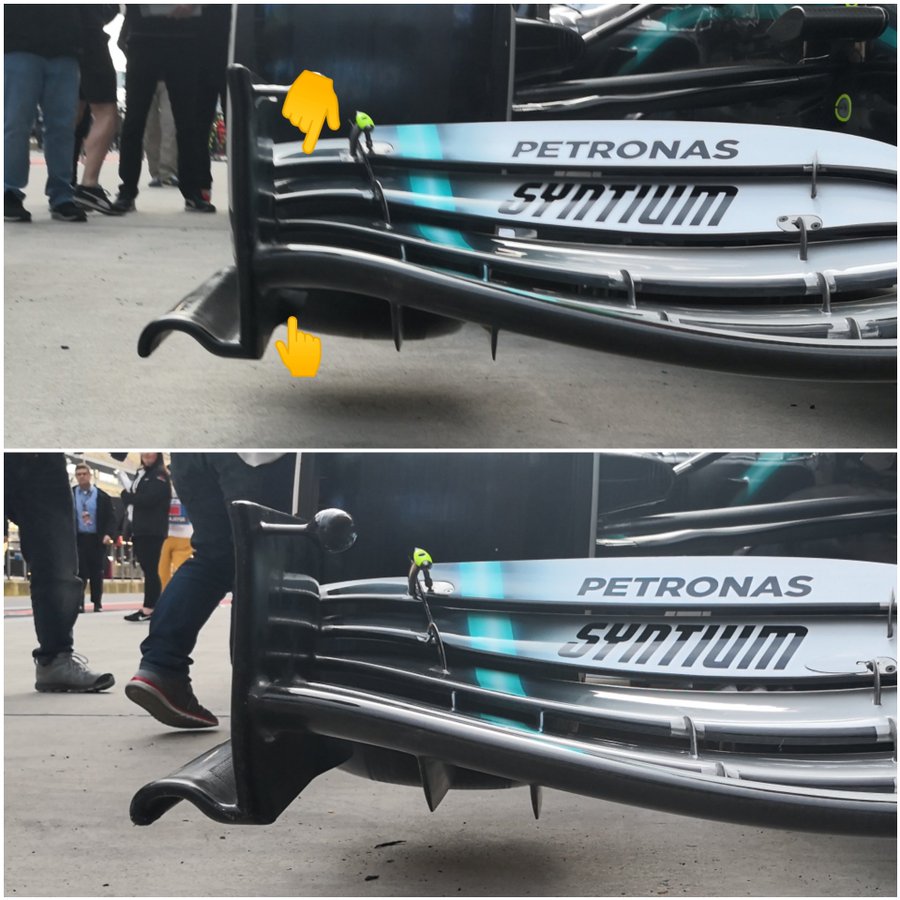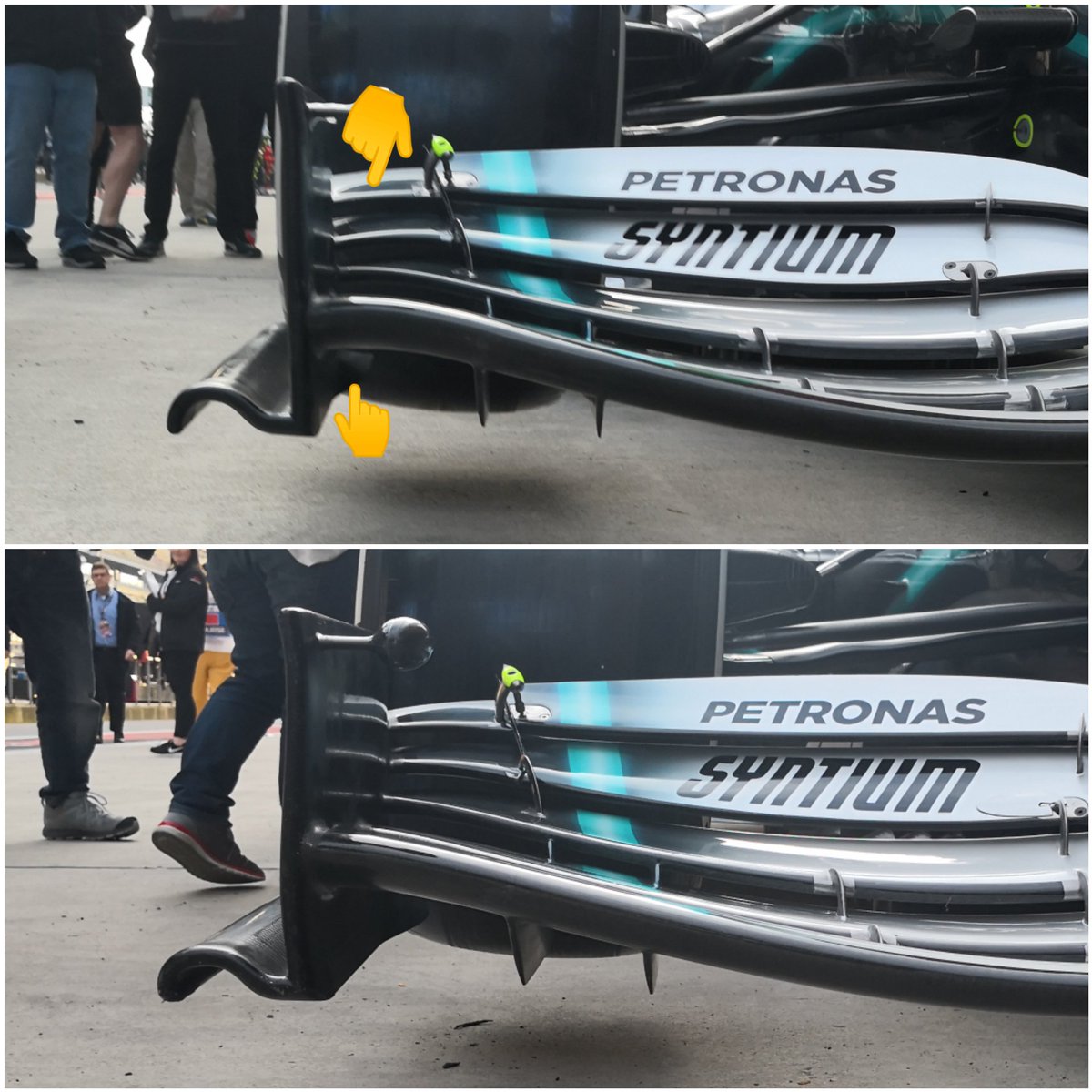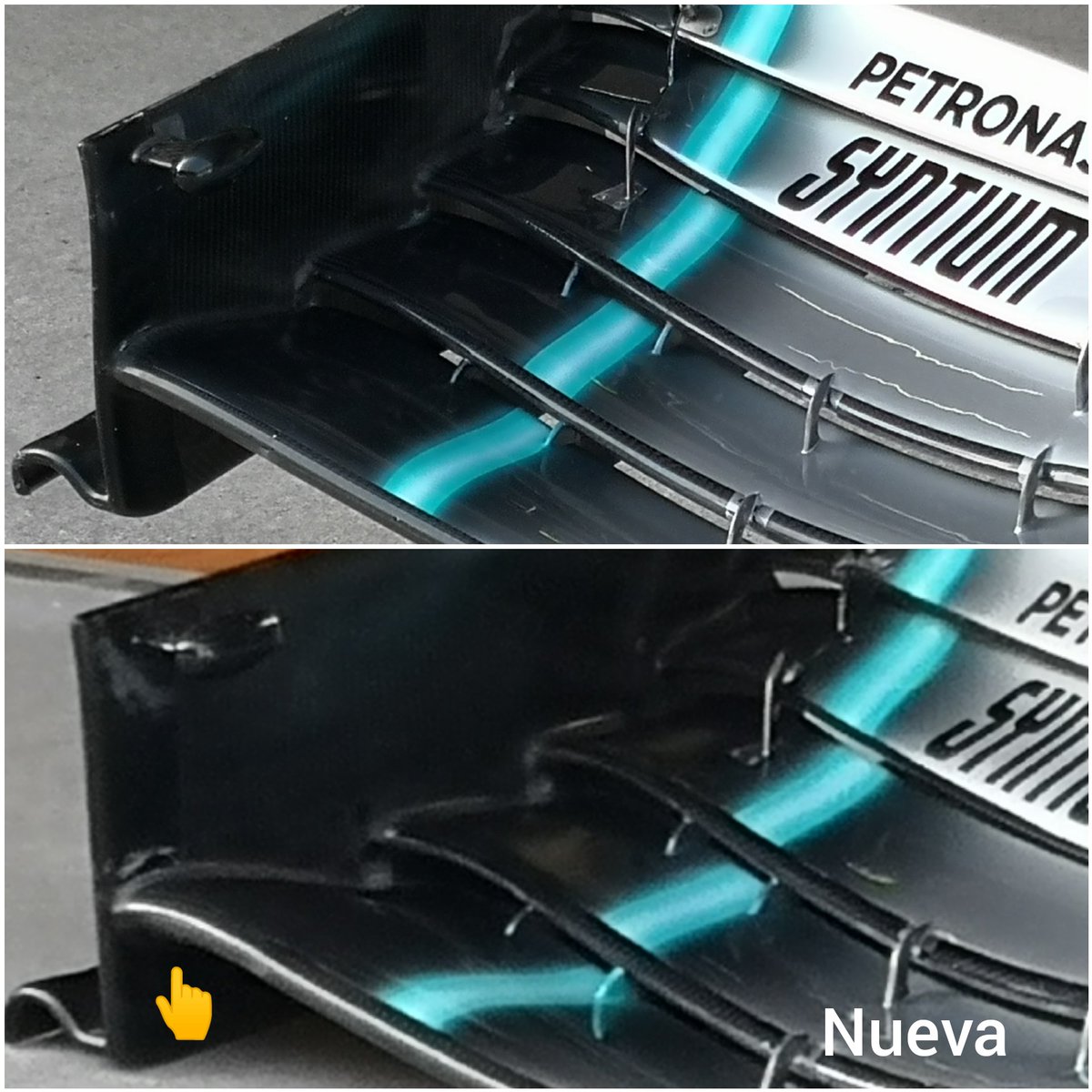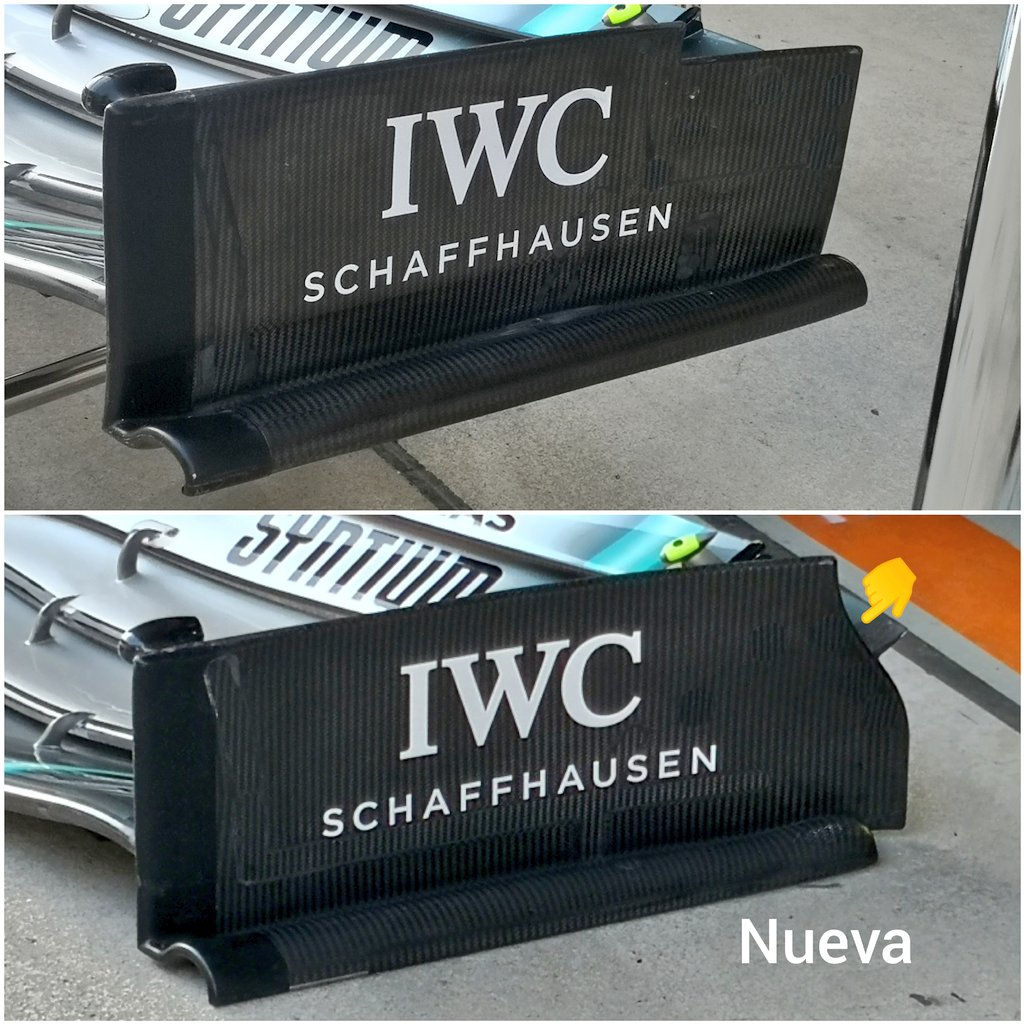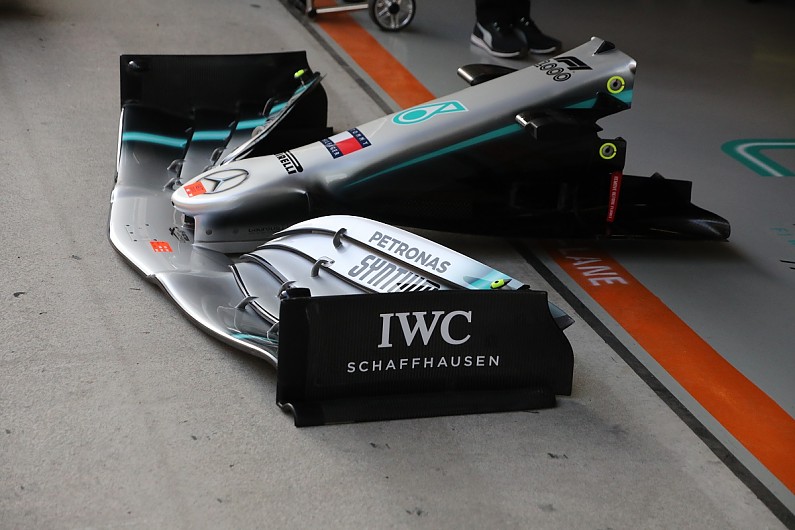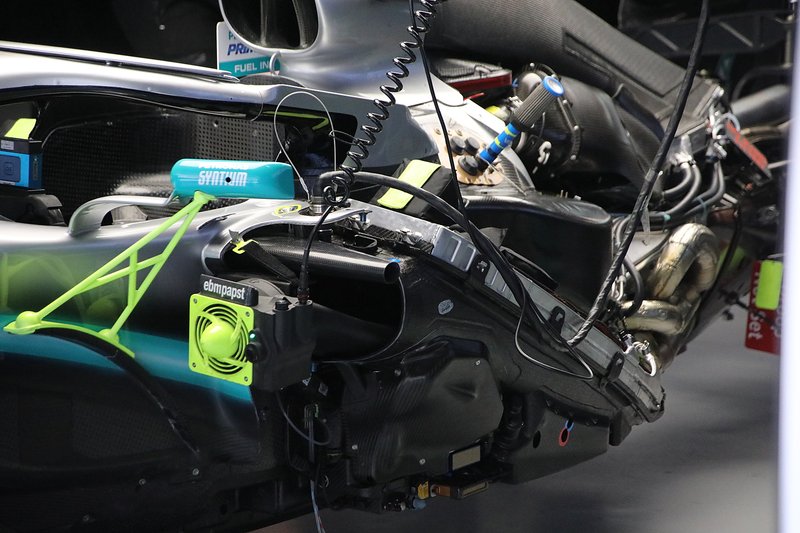That wasn't an "April Fools" joke article. Is this a delayed April Fools joke claiming phonometric analysis isn't real?LM10 wrote: ↑08 Apr 2019, 21:14I’m shocked you’re still thinking this article about phonometric analysis was true. It was so obvious it was an april fool article.
There is not even anything called phonometric analysis, at least not to measure horsepower on cars. I mean, come on, just think about it. How do you imagine that? The article suggested there were 2 institutes on the track doing this analysis. Measuring horsepower by the car’s noises/sounds?How would that even work?
You tell that people are speaking about the 40 hp advantage based on 1 article. Well, you’re doing the same based on this joke article, aren’t you?
Phonometric analysis in F1 is real and is used in conjunction with GPS data to evaluate power units.
In the comments section of his most recent report (Bahrain), Mark Hughes (one of the best F1 journalists in the paddock) addresses phonometric analysis and how teams use both phonometric and GPS data to get the full picture of what the competition is doing.
From a user (bill shoe) here on the board:
"The audio ("phonometric") analysis gives info on frequencies of various components. It probably gives insight into whether the H is running and how hard, this being determined by differences between car accel and engine rpm relative to turbo whine (blade-pass frequency). It may be able to determine if the K is under load due to increased noise/whine from the geartrain between K and crankshaft. This noise analysis can't determine power curves which already come from the GPS data that the FIA shares with all teams. The noise analysis can give more detailed perspective on what a competitor's powertrain is doing over the course of a lap where the teams already know the competitor's net delivered power from the GPS. Noise analysis helps reveal a competitor's means to achieving their end."



